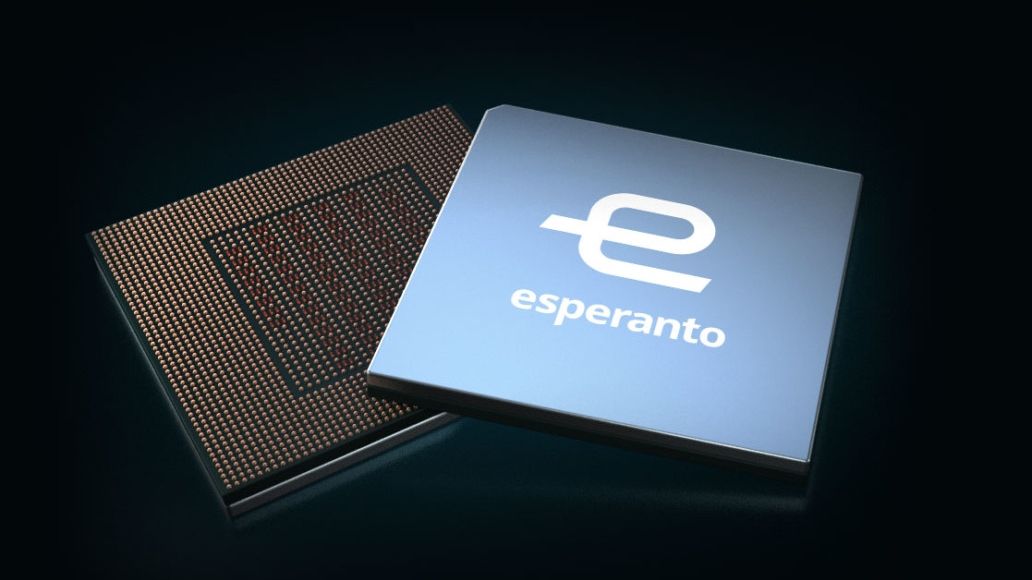This 1,000-core RISC-V processor is causing an AI buzz
A new 1,000-core RISC-V processor from Esperanto Technologies is currently being evaluated by Samsung SDS and other “core customers”.
According to a Press release from the computer software company, its new ET-SoC-1 AI inference accelerator is undergoing initial evaluations by a number of companies ahead of its release.
Esperanto Technologies itself was founded in 2014 by semiconductor industry veteran Dave Ditzel, who previously worked at Sun Microsystems and Intel. The company is now led by Chairman and CEO Art Swift who, in addition to being the former CEO of Wave Computing, also spent time working at the RISC-V Foundation.
As part of its evaluation program, Samsung SDS and other potential customers will have the opportunity to obtain performance data after running a variety of out-of-the-box AI models using the ET-SoC-1 AI inference accelerator and so far the results have been quite impressive.
ET-SoC-1 AI Inference Accelerator
Esperanto’s ET-SoC-1 features 1,088 power-efficient 64-bit processor cores that use the RISC-V instruction set architecture that is quickly becoming a viable alternative to those of x86 and ARM. The company’s new chip also includes four high-performance RISC-V cores along with 160 million bytes of on-chip SRAM as well as interfaces for flash memory and external DRAM.
What sets the ET-SoC-1 apart from similar chips is its speed as well as its low power requirements. While the chip can run any type of machine learning workload, Esperanto says it excels at recommending machine learning which is used by Meta, Amazon and other hyperscalers.
VP of AI at Samsung SDS, Dr. Patrick Bangert, provided additional insight into the experience of the company’s data science team when evaluating the ET-SoC- 1, saying:
“Our data science team was very impressed with the initial evaluation of Esperanto’s AI acceleration solution. It was fast, efficient and overall easy to use. Additionally, the SoC demonstrated near-linear performance scaling across different AI compute cluster configurations. This is a very unique capability, and one that we have yet to see consistently provided by established companies offering alternatives to Esperanto. »
Although Esperanto gave Samsung SDS and other potential customers a chance to test its new AI chip, we’ll have to wait and see if the rating was impressive enough for orders to start rolling in.
Going through The register


Comments are closed.